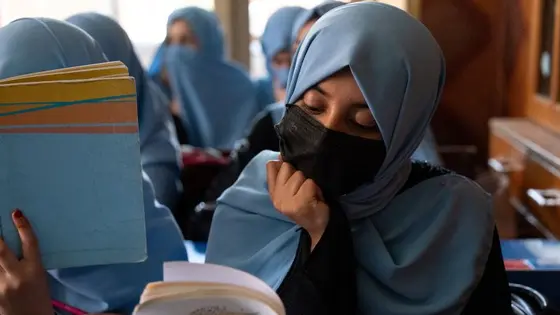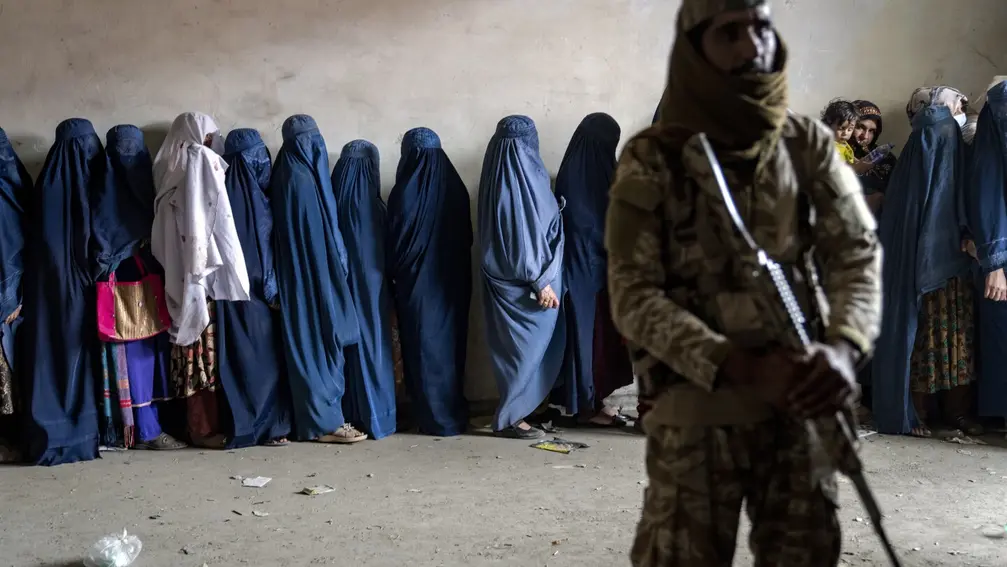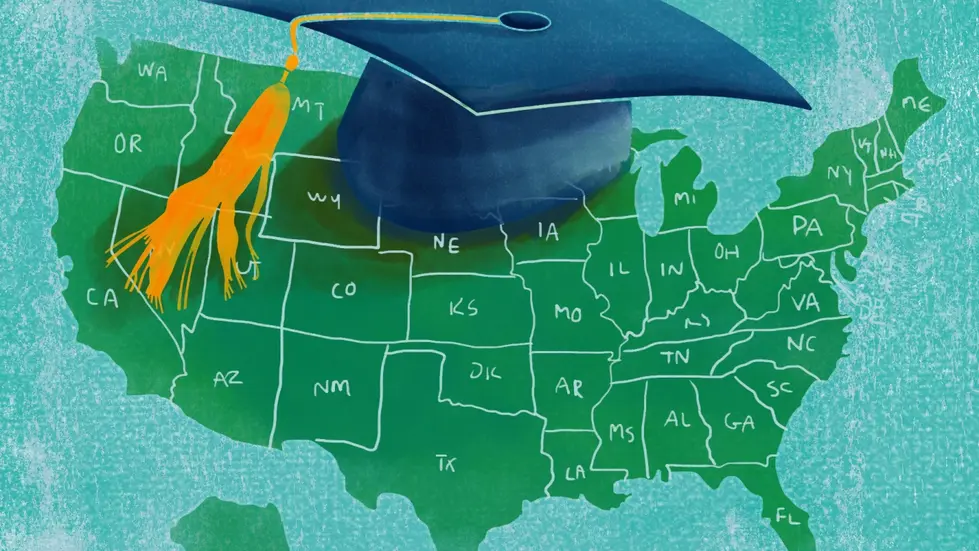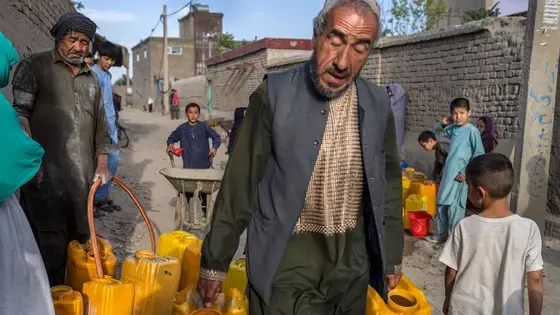T4K3.news
Taliban bans girls from school beyond sixth grade
Afghanistan remains the only nation preventing girls from attaining secondary education.

Afghanistan remains the only country globally that prohibits girls from secondary education and higher.
Girls in Afghanistan face education ban while madrasas rise
Afghanistan strictly bars girls from attending school beyond the sixth grade, a policy enforced by the Taliban since their takeover in August 2021. The regime has not only closed public schools for girls but has also reinforced a wide range of restrictions on women's rights, including mandatory dress codes and limited freedom of movement. Despite this, the number of madrasas, or religious schools, has soared, with nearly 23,000 established recently. Many parents see madrasas as the only option for educating their daughters, though the curriculum is heavily religious. Critics argue that these institutions reinforce outdated gender roles, as exemplified by the Taliban's shift away from academic subjects like math and science to a focus on religious teachings that promote their ideology. In stark contrast, underground schools have arisen where women, like 23-year-old Nargis, teach girls subjects that the Taliban prohibits. These makeshift schools embody resistance, showcasing the desire for a broader education and a brighter future. However, they also carry substantial risks, with punishments from the Taliban looming for such defiance.
Key Takeaways
"Afghanistan remains the only country in the world that prohibits girls and women from getting general education."
This highlights the extreme measures taken by the Taliban against female education.
"The Taliban’s policies are a direct threat to the future of half the population in Afghanistan."
An observation reflecting the long-term consequences of the ban on girls' education.
"I never had any interest in attending a madrasa. They do not teach us what we need to learn."
Nargis shares her views on the inadequacy of madrasas compared to mainstream education.
"For what are we trying so hard? For what job and what future?"
Nargis captures the despair of educated women facing systemic barriers.
The rise of madrasas in Afghanistan reflects a deepening crisis in girls' education under the Taliban. While some families view religious schools as a viable alternative, many young women like Nargis yearn for the comprehensive education they had before the regime change. The Taliban's refusal to support secondary education for girls not only stifles personal ambitions but also limits the country's potential growth and progress. This cycle of oppression threatens to entrench poverty and gender inequality for generations, as the girls who are denied education today become mothers who cannot teach their daughters the skills needed to thrive in a modern world. As the international community grapples with how to engage with the Taliban, pressure must be maintained to ensure women's rights and education are prioritized.
Highlights
- Afghanistan’s girls are left without educational opportunities.
- Education is a right, not a privilege, especially for women.
- Madrasas rise as mainstream education falls, a troubling paradox.
- Nargis risks everything to defy a system that silences women.
Risk of backlash against educational resistance
Underground education efforts faced severe repercussions from the Taliban, highlighting the dangers for women involved in these initiatives.
Afghanistan stands at a crossroads; the future of its girls remains uncertain amid political and social upheaval.
Enjoyed this? Let your friends know!
Related News

UN expresses concern over Taliban's actions in Afghanistan

Deputy headteacher banned for affair at school

Trump mandates colleges to report detailed admissions data

Sorority rush coaching faces scrutiny

Albania's Has faces upheaval from male migration

Parents navigate teen alcohol consumption choices

Kabul faces severe water shortage issue

Investigation launched in child marriage case
